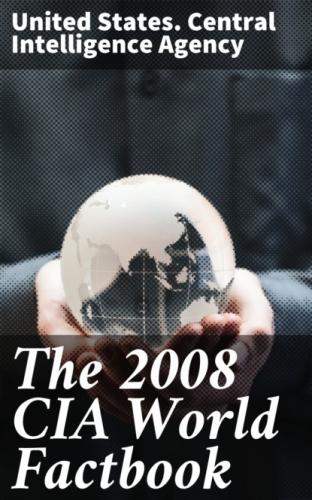AM 2, FM 16, shortwave 0 (2004)
Radios:
50,000 (1997)
Television broadcast stations:
1 (1997)
Televisions:
20,000 (1997)
Internet country code:
.aw
Internet hosts:
17,661 (2008)
Internet Service Providers (ISPs):
NA
Internet users:
24,000 (2007)
Transportation
Aruba
Airports:
1 (2007)
Airports - with paved runways:
total: 1 2,438 to 3,047 m: 1 (2007)
Ports and terminals:
Barcadera, Oranjestad, Sint Nicolaas
Military
Aruba
Military branches:
no regular indigenous military forces; the Netherlands maintains a detachment of marines, a frigate, and an amphibious combat detachment in the neighboring Netherlands Antilles (2008)
Manpower available for military service:
males age 16–49: 24,585 females age 16–49: 25,742 (2008 est.)
Manpower fit for military service:
males age 16–49: 20,173 females age 16–49: 21,062 (2008 est.)
Manpower reaching militarily significant age annually:
male: 705 female: 719 (2008 est.)
Military - note:
defense is the responsibility of the Kingdom of the Netherlands
Transnational Issues
Aruba
Disputes - international:
none
Illicit drugs:
transit point for US- and Europe-bound narcotics with some accompanying money-laundering activity; relatively high percentage of population consumes cocaine
This page was last updated on 18 December, 2008
======================================================================
@Ashmore and Cartier Islands
Introduction
Ashmore and Cartier Islands
Background:
These uninhabited islands came under Australian authority in 1931; formal administration began two years later. Ashmore Reef supports a rich and diverse avian and marine habitat; in 1983, it became a National Nature Reserve. Cartier Island, a former bombing range, became a marine reserve in 2000.
Geography
Ashmore and Cartier Islands
Location:
Southeastern Asia, islands in the Indian Ocean, midway between northwestern Australia and Timor island
Geographic coordinates:
12 14 S, 123 05 E
Map references:
Southeast Asia
Area:
total: 5 sq km land: 5 sq km water: 0 sq km note: includes Ashmore Reef (West, Middle, and East Islets) and Cartier Island
Area - comparative:
about eight times the size of The Mall in Washington, DC
Land boundaries:
0 km
Coastline:
74.1 km
Maritime claims:
territorial sea: 12 nm contiguous zone: 12 nm exclusive fishing zone: 200 nm continental shelf: 200-m depth or to the depth of exploitation
Climate:
tropical
Terrain:
low with sand and coral
Elevation extremes:
lowest point: Indian Ocean 0 m highest point: unnamed location 3 m
Natural resources:
fish
Land use:
arable land: 0% permanent crops: 0% other: 100% (all grass and sand) (2005)
Irrigated land:
0 sq km
Natural hazards:
surrounded by shoals and reefs that can pose maritime hazards
Environment - current issues:
illegal killing of protected wildlife by traditional Indonesian fisherman, as well as fishing by non-traditional Indonesian vessels, are ongoing problems
Geography - note:
Ashmore Reef National Nature Reserve established in August 1983;
Cartier Island Marine Reserve established in 2000
People
Ashmore and Cartier Islands
Population:
no indigenous inhabitants note: Indonesian fishermen are allowed access to the lagoon and fresh water at Ashmore Reef's West Island; access to East and Middle Islands is by permit only
Government
Ashmore and Cartier Islands
Country name:
conventional long form: Territory of Ashmore and Cartier Islands conventional short form: Ashmore and Cartier Islands
Dependency status:
territory of Australia; administered by the Australian Attorney-General's Department
Legal system:
the laws of the Commonwealth of Australia and the laws of the Northern Territory of Australia, where applicable, apply
Diplomatic representation in the US:
none (territory of Australia)
Diplomatic representation from the US:
none (territory of Australia)
Flag description:
the flag of Australia is used
Economy
Ashmore and Cartier Islands
Economy - overview:
no economic activity
Transportation
Ashmore and Cartier Islands
Ports and terminals:
none; offshore anchorage only
Military
Ashmore and Cartier Islands
Military - note:
defense is the responsibility of Australia; periodic visits by the Royal Australian Navy and Royal Australian Air Force
Transnational Issues
